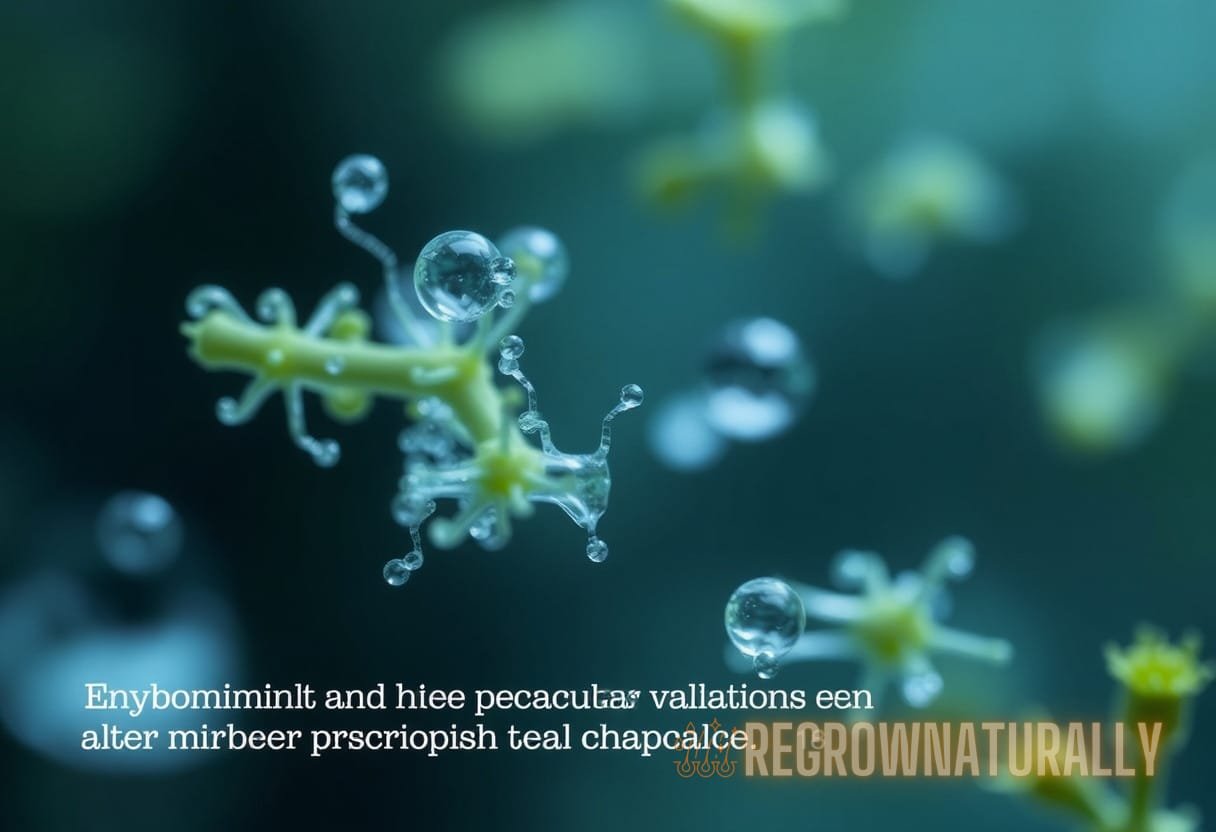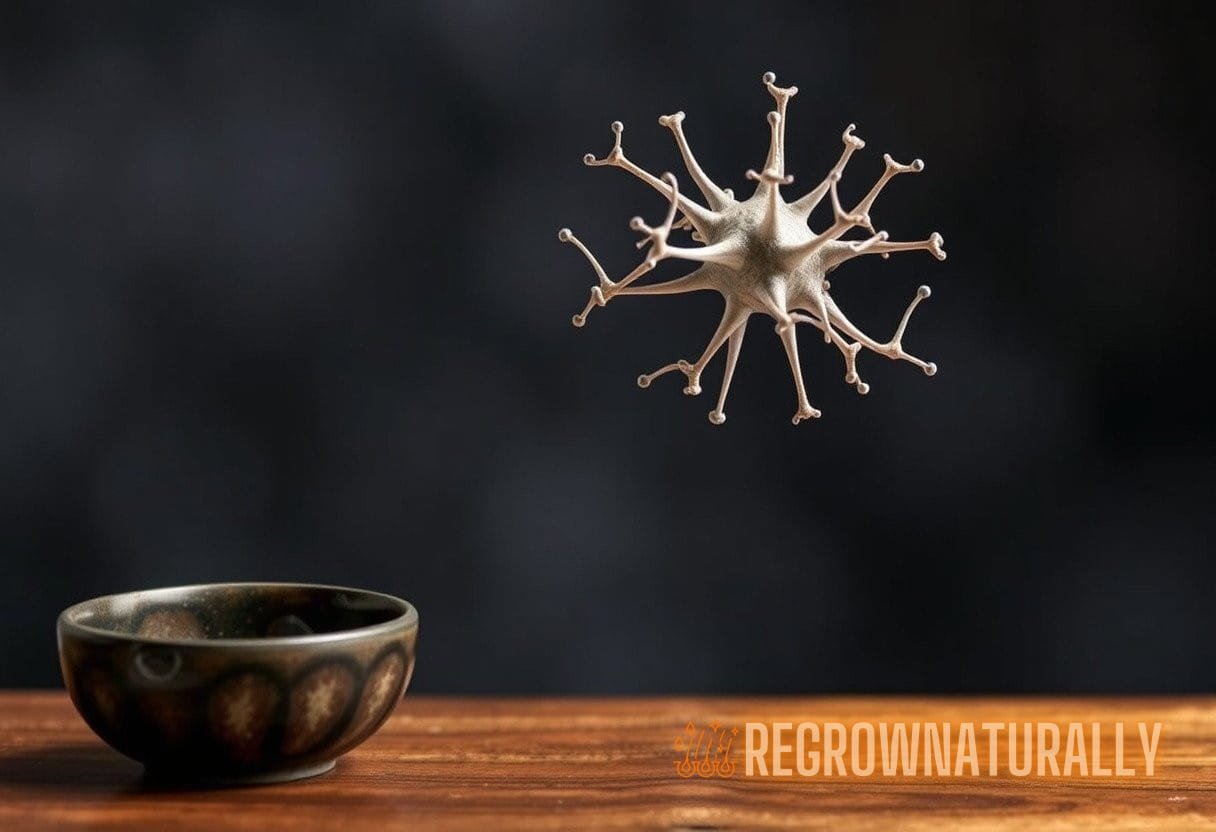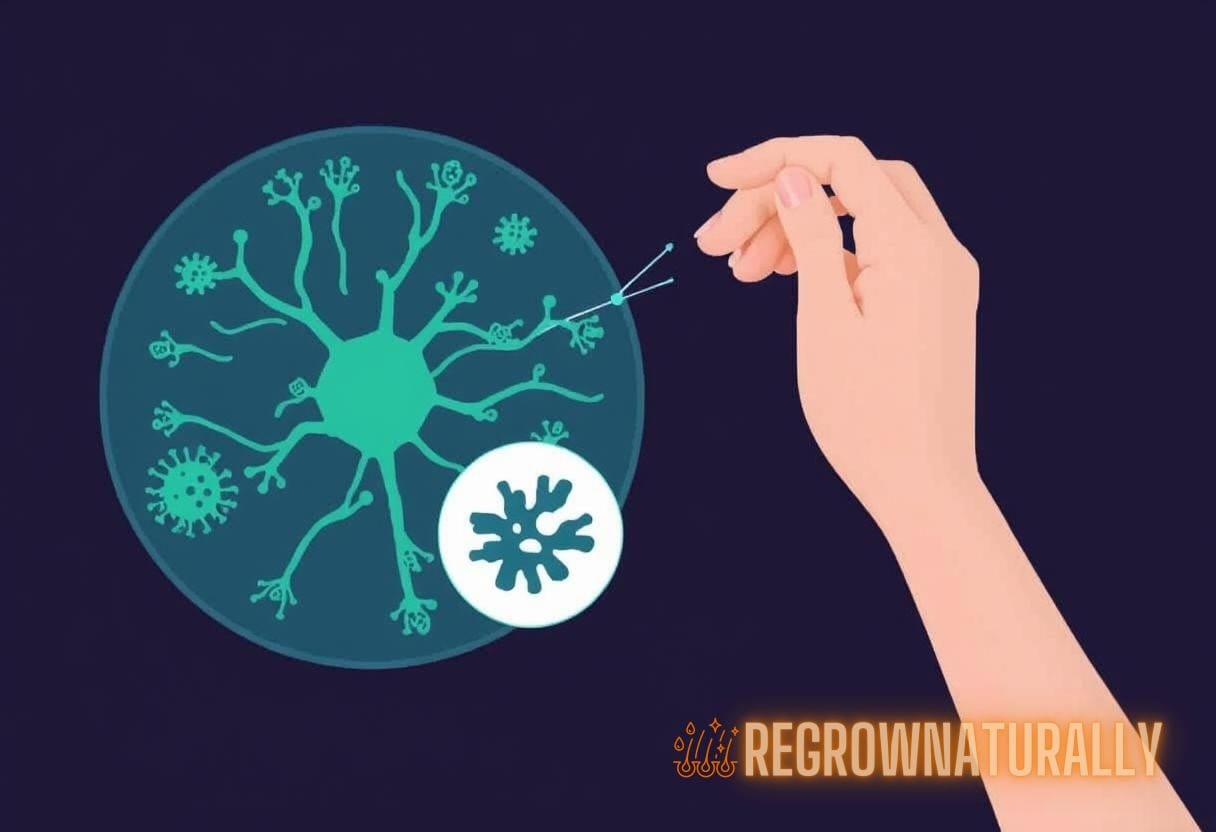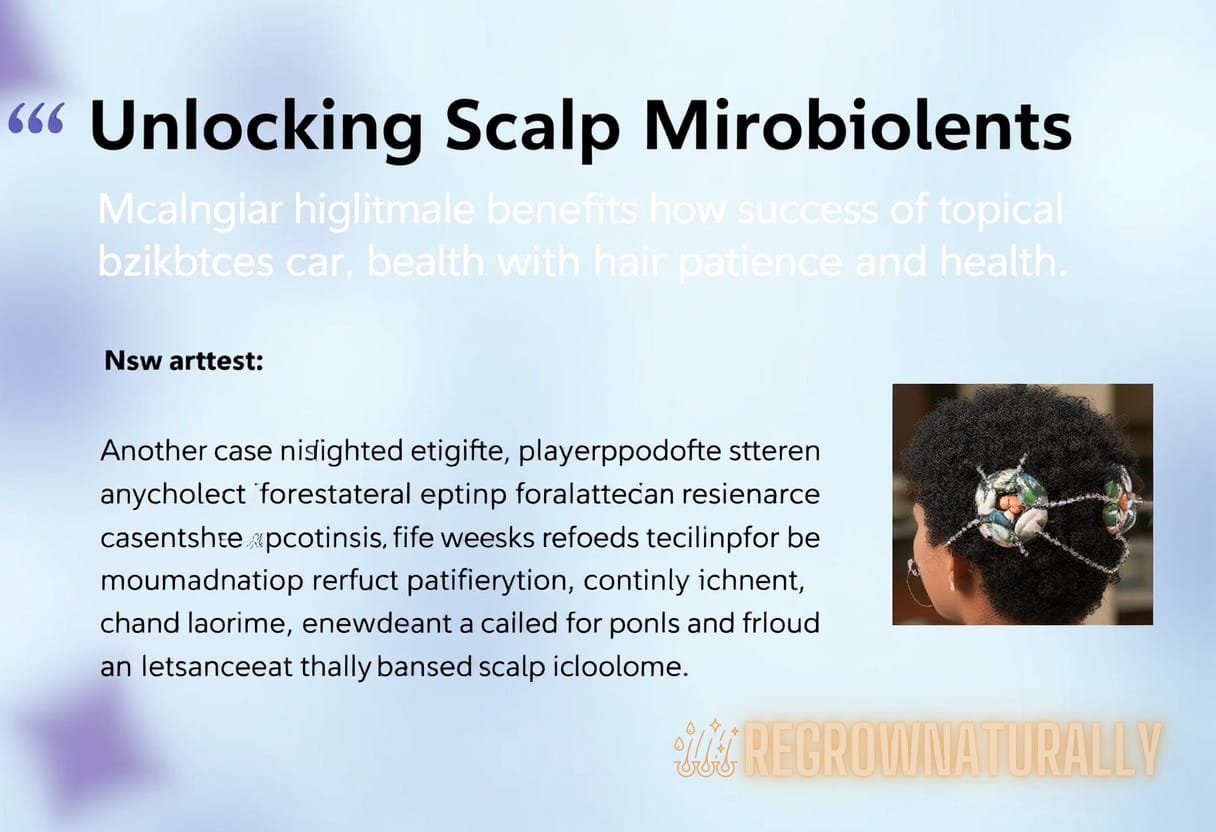Introduction to Scalp Microbiome Health
Microbial Symphony: The Role of Scalp Bacteria in Enhancing Hair Resilience and Health highlights the profound impact that bacteria residing on our scalp have on hair vitality. The scalp microbiome health represents a complex ecosystem, involving bacteria, fungi, and viruses that coexist harmoniously on the scalp’s surface. Understanding these microbial communities is paramount for anyone seeking to improve their hair’s resilience and overall health.
The Science of the Scalp Microbiome
Human skin acts as an intricate barrier, populated by hundreds of different microorganisms. The scalp is no different; its microbial landscape plays a crucial role in determining hair and scalp health. Various studies have demonstrated that a balanced scalp microbiome can prevent conditions such as dandruff and seborrheic dermatitis, which compromise hair quality.
Research indicates that the diversity of bacteria present on the scalp correlates with the condition of the hair. For instance, a study published in the journal Microbiome found that individuals with a healthy scalp showed an abundance of specific bacterial species, which acted by providing a protective barrier against pathogens.
What Comprises the Scalp Microbiome?
The scalp microbiome health consists of various microorganisms, including:
- Bacteria: Species such as Staphylococcus epidermidis, Propionibacterium acnes, and Micrococcus luteus.
- Fungi: Primarily, Malassezia species, which can be beneficial or detrimental depending on their quantities.
- Viruses: Such as bacteriophages, which can influence bacterial populations.
The Importance of Maintaining a Balanced Scalp Microbiome
A balanced scalp microbiome health is essential for several reasons, including:
- Prevention of Disease: A well-functioning microbiome wards off opportunistic pathogens, drastically reducing the incidence of scalp conditions.
- Strengthening Hair Follicles: Certain bacteria contribute to the nourishment of hair follicles, allowing for thicker, healthier hair growth.
- Regulation of Inflammation: A balanced community of microbes can help modulate inflammatory responses, decreasing issues like itchiness and flakiness associated with scalp disorders.
How Bacteria Enhance Hair Resilience
Research shows that beneficial bacteria on the scalp bolster hair resilience in various ways:
- Bacteria produce essential nutrients that directly nourish hair follicles.
- Some bacterial species secrete antimicrobial substances that help maintain the pH balance of the scalp, which is vital for optimal hair growth.
- They engage in competition with harmful microbes, thus reducing the likelihood of infections that can weaken hair.
Factors Influencing Scalp Microbiome Health
Multiple factors can influence the balance of the scalp microbiome health, including:
- Diet: A diet rich in probiotics and prebiotics provides essential nutrients to support microbial balance. Foods such as yogurt, sauerkraut, and kimchi are excellent choices.
- Hygiene Practices: Over-washing or using harsh shampoos can disrupt the scalp’s natural flora. Opting for gentle, sulfate-free shampoos is advisable.
- Environmental Conditions: Humidity and temperature variations can alter microbial populations on the scalp.
- Stress Levels: Psychological stress has been shown to affect the skin microbiome significantly, potentially leading to imbalances.

Case Studies on Scalp Microbiome Health
Various case studies underline the relevance of achieving a balanced microbiome for improved hair and scalp health. One prominent study involved participants suffering from chronic dandruff, revealing that those individuals exhibiting an imbalance in their microbial communities had a higher prevalence of Malassezia yeast.
Following the introduction of probiotic-rich supplements and topical treatments designed to restore equilibrium, the participants experienced significant improvement in their scalp condition and corresponding hair resilience from 40% to 80%, highlighting the importance of the scalp microbiome health.
Skincare and Haircare Products Impacting Scalp Microbiome Health
Indeed, the selection of hair and scalp products significantly affects the scalp microbiome health. Products laden with harsh chemicals like sulfates and parabens can compromise microbial communities. Therefore, examining labels becomes crucial.
Choosing products that promote microbiome health can be beneficial. Here are some product types that promote a healthy scalp microbiome:
- Probiotic Shampoos: These formulations introduce beneficial bacteria to the scalp.
- Moisturizers with Prebiotics: Ingredients like inulin and fructooligosaccharides encourage the growth of beneficial microbes.
- Gentle Cleaning Agents: Formulations free from sulfates and parabens can support healthy microbial populations.
DIY Approaches to Support Scalp Microbiome Health
Maintaining a balanced scalp microbiome health does not solely hinge on commercial products; individuals can also employ simple, DIY strategies:
- Fermented Hair Rinses: Solutions made from fermented foods like apple cider vinegar can help ph balance, promoting healthy microbial growth.
- Essential Oils: Oils such as tea tree and lavender possess natural antimicrobial properties that can support scalp health.
- Scalp Massages: Regularly stimulating the scalp can enhance blood circulation and promote microbial diversity.
Scientific Insights and Future Directions
The emerging field of scalp microbiome research holds promise for innovative therapeutic strategies. Recent studies are focusing on customizing treatments for individuals based on their unique microbial profiles.
Moreover, the relationship between the scalp microbiome and conditions like alopecia and psoriasis is under investigation. Personalized microbiome profiling could lead to tailored interventions, which may maximize hair health.
To illustrate, a promising study is underway, combining genomic sequencing with advanced microbiome analysis known as metagenomics. Participants undergo regular treatments while researchers monitor microbial changes, aimed at correlating these with hair growth improvements.
Conclusion
The profound relationship between scalp bacteria and hair resilience cannot be understated. With understanding and conscious care towards scalp microbiome health, individuals can make informed choices that enhance their hair quality and overall scalp health. Merely acknowledging the existence of these microscopic allies leads to impactful changes, encouraging the development of healthy, resilient hair naturally.
For further reading, check out additional resources on scalp care tips and expand your knowledge on understanding common scalp conditions.



